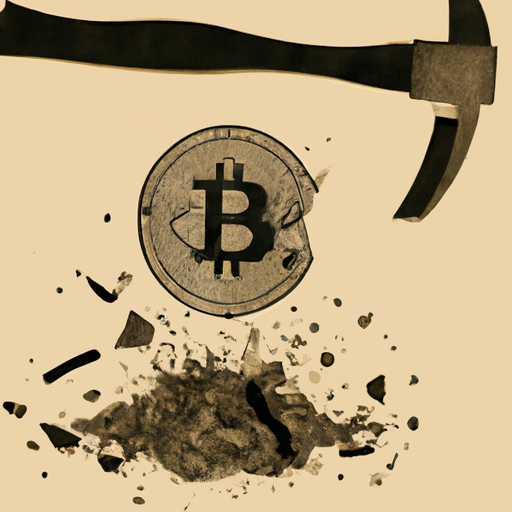Fostering a Culture of Collaboration and Shared Responsibility in Decentralized Tech
Key Points:
- Cryptocurrency and blockchain technologies operate in a decentralized environment.
- A collaborative and shared responsibility culture is crucial for maintaining a secure network.
- Decentralized tech requires active participation from all stakeholders.
- Transparency and communication are essential for building trust and fostering collaboration.
- Education and awareness programs play a vital role in promoting shared responsibility.
In the world of cryptocurrency and blockchain technologies, decentralization is a core principle. Unlike traditional centralized systems, these technologies emphasize the power of distributed networks where no single entity controls the entire system. While decentralization brings numerous benefits, it also demands a collaborative and shared responsibility culture to ensure the network’s strength and security.
Decentralized tech operates on a peer-to-peer basis, where multiple participants contribute to the overall functioning of the network. Each node in a blockchain network plays a significant role in verifying transactions and maintaining the integrity of the system. This active participation from all stakeholders is crucial for the network’s success.
Building a culture of collaboration and shared responsibility within the decentralized tech community requires several key factors. First and foremost, transparency is essential. Openly sharing information about the network’s structure, protocols, and security measures creates trust among participants. When everyone has a clear understanding of how the system works, they can actively contribute to its maintenance.
Effective communication is another crucial aspect. Regular updates, forums, and discussions help to foster a sense of community and encourage collaboration. By sharing knowledge, experience, and best practices, participants can collectively work towards improving the network’s security.
Education and awareness programs also play a pivotal role in promoting shared responsibility. Providing resources and training materials to users and developers helps them understand their role in maintaining the network’s security. By educating individuals about potential risks and best security practices, we can minimize vulnerabilities and enhance the overall integrity of decentralized tech.
In conclusion, fostering a collaborative and shared responsibility culture is paramount in the world of decentralized tech. A strong network relies on the active participation of all stakeholders, with transparency, communication, and education serving as essential pillars. By promoting these values, we can build trust, enhance security, and truly harness the power of decentralized technologies.
Our Hot Take: Fostering a culture of collaboration and shared responsibility is not only crucial for maintaining a secure network in the decentralized tech world but also for driving innovation and growth. By actively involving all participants and promoting transparency, we can build stronger decentralized systems that empower individuals and foster trust in these emerging technologies.
